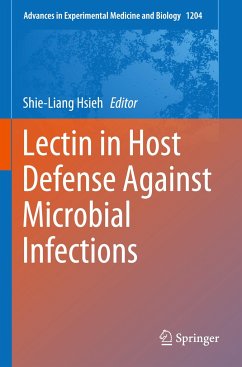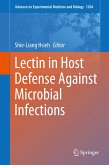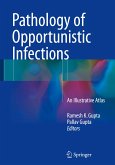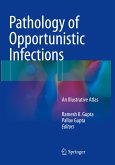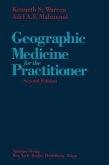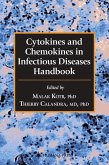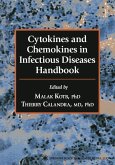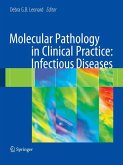This book systemically presents the latest research on lectins, covering all the major topics in the field, including the heterocomplex of lectins and Toll-like receptors, protective versus pathogenic functions in connection with microbial infections, and novel strategies for enhancing host immunity against infectious diseases caused by viruses, bacteria, and fungi. Lectins are a large group of glycan-binding proteins that recognize diverse glycan and non-glycan structures expressed on prokaryotic and eukaryotic cells, and are vital to cell-cell interactions, the attachment of microbes to host cells, and the recognition and activation of immune responses to exogenous and endogenous danger signals. The composition and structure of microbes are complex and include numerous 'pathogen-associated molecular patterns' or 'damage-associated molecular patterns'. As such, microbes' interactions with immune cells activate multiple innate immunity receptors and produce distinct inflammatory reactions, which can be protective to contain microbial invasion, or pathogenic to cause tissue damage and shock syndrome in the host. The book shares lessons learned from state-of-the art research in this field, highlights the latest discoveries, and provides insightful discussions on lectin-mediated inflammatory reactions, while also outlining future research directions.

